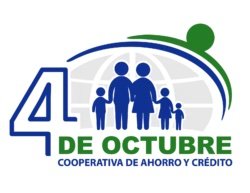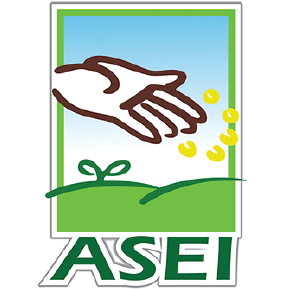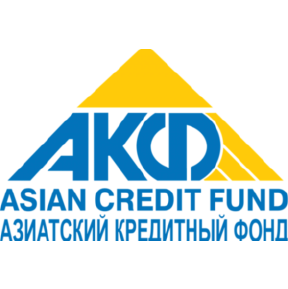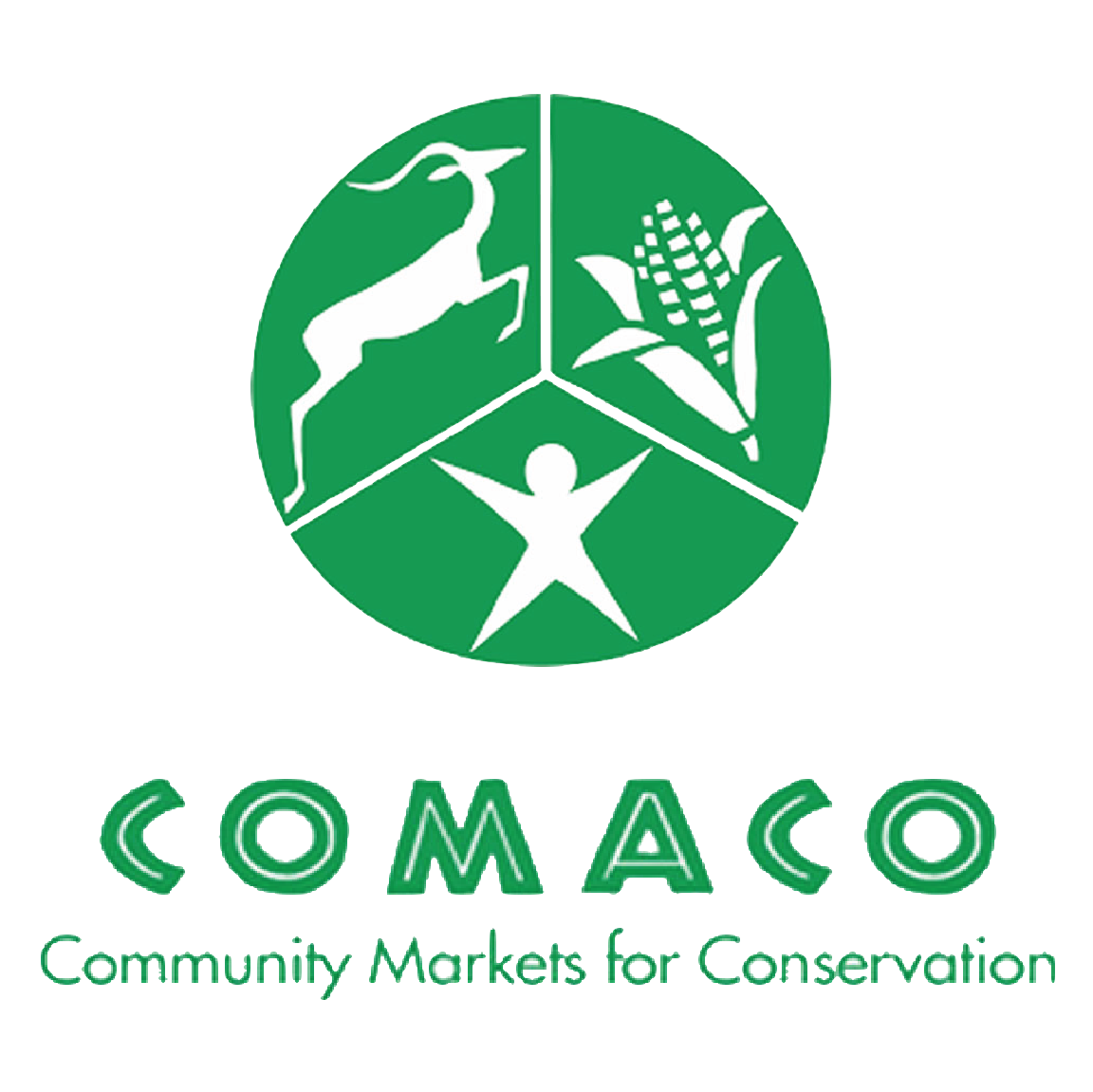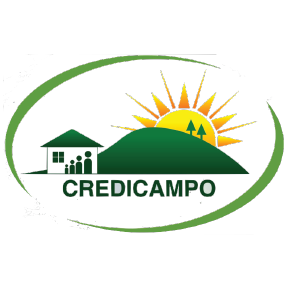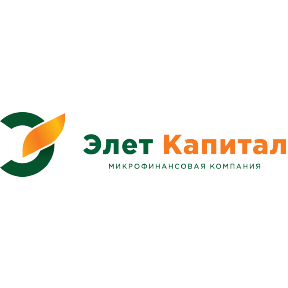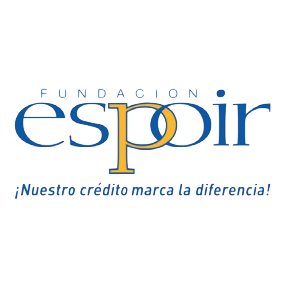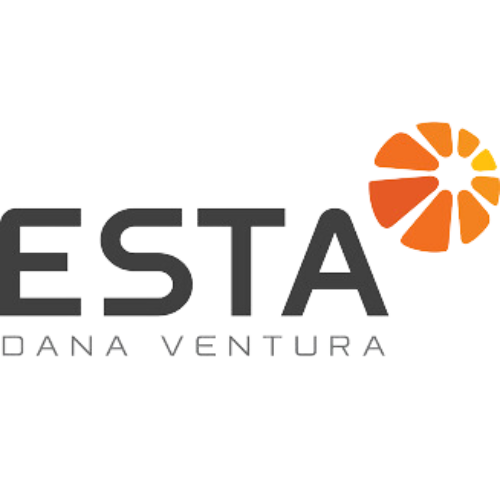
Meet Our Portfolio Companies
The financial service providers (FSPs) and small and growing businesses (SGBs) in our portfolio provide economic opportunities to underserved communities in some of the most challenging regions of the world. We invite you to learn more about our borrowers by exploring the list below.
This list is accurate as of June 30, 2025.
4 de Octubre is a female-led savings and loans cooperative established in Ecuador in 1998 with over 7,000 borrowers.
A Call to Business (ACTB) Savings and Loan is a microfinance institution in Sierra Leone that provides financial services to low-income populations in urban and peri-urban areas. ACTB targets small, medium, and micro-traders and entrepreneurs through its primary product, the small and very small enterprise loan.
ADICLA is a Guatemalan financial service provider that that supports the low-income population, serving primarily women and rural micro borrowers.
ADIGUA is a microfinance organization supporting entrepreneurs in central and western Guatemala, with a focus on smallholder farmers and women’s groups.
Founded in 1991 by a group of local community leaders, Asociación para el Desarrollo Integral de San Antonio llotenango (“ADISA”) is a non profit financial service provider serving women micro entrepreneurs in the Guatemalan province of Quiché. Their mission is to provide timely, specialized and competitive financial and non-financial services promoting rural development that contributes to increasing income and improving the quality of life of borrowers and their families.
ADRA Peru is a subsidiary of the Adventist Development and Relief Agency (ADRA) International, a global humanitarian agency with the purpose of promoting social and economic development. ADRA Peru offers mainly village-banking loans to its clients with the goal of enhancing the socio-economic development of its borrowers and to improve their living conditions and self-esteem through additional services.
AgriEvolve, an agricultural Small and Growing Business (SGB), is a coffee processor and exporter based in Western Uganda that provides a fully integrated, end to end operation to smallholder farmers that simplifies the complex coffee chain. AgriEvolve was celebrated as an outstanding performer in the region by 60Decibels in 2025, and 51% of the smallholder famers it serves are women.
Agro & Social Fund (ASF) is an Albanian financial institution with a mission to support groups that are traditionally excluded from the formal banking sector, like women, Roma communities, and the underbanked, in regions across Albania. Of the individuals comprising the management team at ASF, 83% are women.
Aldea Global is a Nicaraguan association whose key activity is the sourcing and exporting of premium coffee from small-scale farmers to buyers in Europe and North America. In addition, Aldea Global provides microfinance services, access to high-quality inputs, technical assistance and certification support to its associates.
Agora Microfinance Zambia is a microfinance institution dedicated to serving low-income, rural households in Zambia with appropriate financial products.
Amazonas is a Bolivian Brazil nut company that sources nuts from rural collectors, processes them, and ships to buyers in the US and Europe. Amazonas has strong gender and environmental impacts—women account for the majority of company leadership, and Brazil nut production creates an alternative to unsustainable and illegal economic activities such as mining and timber.
Arariwa is a rural-focused non-profit financial institution operating in Peru's Cusco region for more than 35 years. Arariwa maintains a strong focus on the vulnerable populations of Peru, reaching these groups through village banking methodology. All village banking clients receive financial education, and of the clients, 73% are women and 54% are rural.
Arnur Credit mainly serves farmers and household plot owners and entrepreneurs in southern Kazakhstan. The majority of its borrowers live in rural areas and make a living from agriculture. The institution has flexible products tailored to the needs of those populations and a wide network of offices to cover far away villages where employment opportunities are limited. MCE was one of the first MIVs to lend to the institution in 2010.
ASA Kenya is a financial servicer provider (FSP) offering low-income female business owners small loans to start or grow businesses. Their lending approach is based on individual lending via client groups, without joint-liability. Over the last 10 years, ASA Kenya has expanded to become one of the largest FSPs in Kenya, serving 162k borrowers, 99% of which are women.
ASA Tanzania, one of the largest FSPs in Tanzania in terms of geographical coverage and branch network, is a financial service provider operating in Tanzania. A typical borrower is a woman (99% of clients are women) in an urban or peri-urban area engaging in small-scale trading activities.
ASA Uganda, similar to ASA Tanzania, has become one of the largest FSPs in Uganda, in terms of geographical coverage and branch network. As of March 2025, 100% of its clients were women and about 74% of borrowers were in rural areas.
La Asociación Salvadoreña de Extensionistas Empresariales del INCAE (ASEI) is a local NGO based in San Salvador that aims to empower low-income entrepreneurs, especially women, by providing small loans, financial education, and healthcare services.
The Asian Credit Fund (ACF) is a microfinance institution established in 1997 that provides microloans and other business services to small and growing businesses in Kazakhstan. ACF’s financial services are designed specifically to promote small and growing businesses, develop rural households sustainably, and facilitate home ownership throughout the country.
Avanza Sólido, S.A. de C.V. SOFOM, E.N.R. (“Avanza Solido”) is a microfinance institution headquartered in Tuxtla Gutiérrez, Mexico, dedicated to providing financial services to underserved communities in impoverished regions of the country.
Azahar is a Colombian small business involved in the sourcing and exporting of premium specialty coffee from 5,000 small-scale farmers in post-conflict areas. Its uniquely impactful approach comes from traceability initiatives like its Sustainable Coffee Buyers Guide, which helps buyers understand price point to income ratios based on region. Additionally, Azahar promotes climate mitigation techniques like natural pest prevention, soil enrichment and water-efficiency amongst its farmers.
Baobab DRC is a subsidiary of the Baobab Group, a leading financial inclusion network of microfinance institutions that provide a wide range of digital and mobile solutions to over half a million individuals and small enterprises across Africa and China.
Community Markets for Conservation (COMACO) is a pioneering social enterprise that works closely with rural communities across Zambia’s Luangwa Valley to promote sustainable agricultural practices with enhanced market access in a way that incentivizes forest and wildlife conservation, promotes household income and food security, and increases climate resilience for small-scale farmers.
Cooperative Laguna de los Condores (Coop. LDC) is a farmers' organization, working with over 800 coffee farmers in the Amazonas region of Peru. Coop. LDC sources coffee from farmers through a network of 45 collection points, then processes and sells the product to local exporters and international buyers.
MCE’s first client back in 2006, Crecer is a leading MFI in Bolivia that serves every region of the country with a variety of financial and non-financial services. Crecer is committed to reaching underserved populations of the country through a mix of individual and village banking loan products.
CrediCampo is a cooperative in El Salvador that works in collaboration with Fundación Campo, its partner foundation, to alleviate poverty and empower rural communities through access to credit and community development services.
East Africa Fruits Co. is a social enterprise founded in 2015 that works to improve market access for smallholder farmers in Tanzania, increase farmers’ incomes by reducing post-harvest losses and adding value to fresh produce, and modernize agribusiness sector.
Edesa is a non-banking financial institution based in Costa Rica that provides financial services to rural areas to generate entrepreneurship and to progressively build up equity at the community level.
Ehtirom Plus is a financial service provider based in Eastern Uzbekistan with a mission to accelerate financial inclusion in rural areas of Fergana valley. In a country characterized by low levels of financial inclusion, their impact is evident in their strong focus on underserved rural communities.
Elet Capital, an MFI based in Bishkek, Kyrgyzstan, focuses on serving low-income rural entrepreneurs with formal financial services that would otherwise be unavailable.
Enlace is a Salvadoran microfinance institution founded in 1998 as a collaborative social project between Catholic Relief Services, USAID, the José Simeón Cañas Central American University and other local NGOs. Enlace works primarily through group lending, granting working capital loans for productive purposes, as well as individual microloans for home improvement.
Fundación Espoir is a socially focused MFI in Ecuador that provides a range of financial and non-financial services to underserved communities, including individual and village banking loans, health services, and strong educations programs.
Esta Dana Ventura, based in the Greater Jakarta metropolitan area in Indonesia and founded in 2015, was founded to improve people’s welfare and equitable economic growth in Indonesia through supporting entrepreneurship. The FSP is strongly gender focused, supporting primarily female micro-entrepreneurs engaged in trading activities such as household goods and basic necessities.

